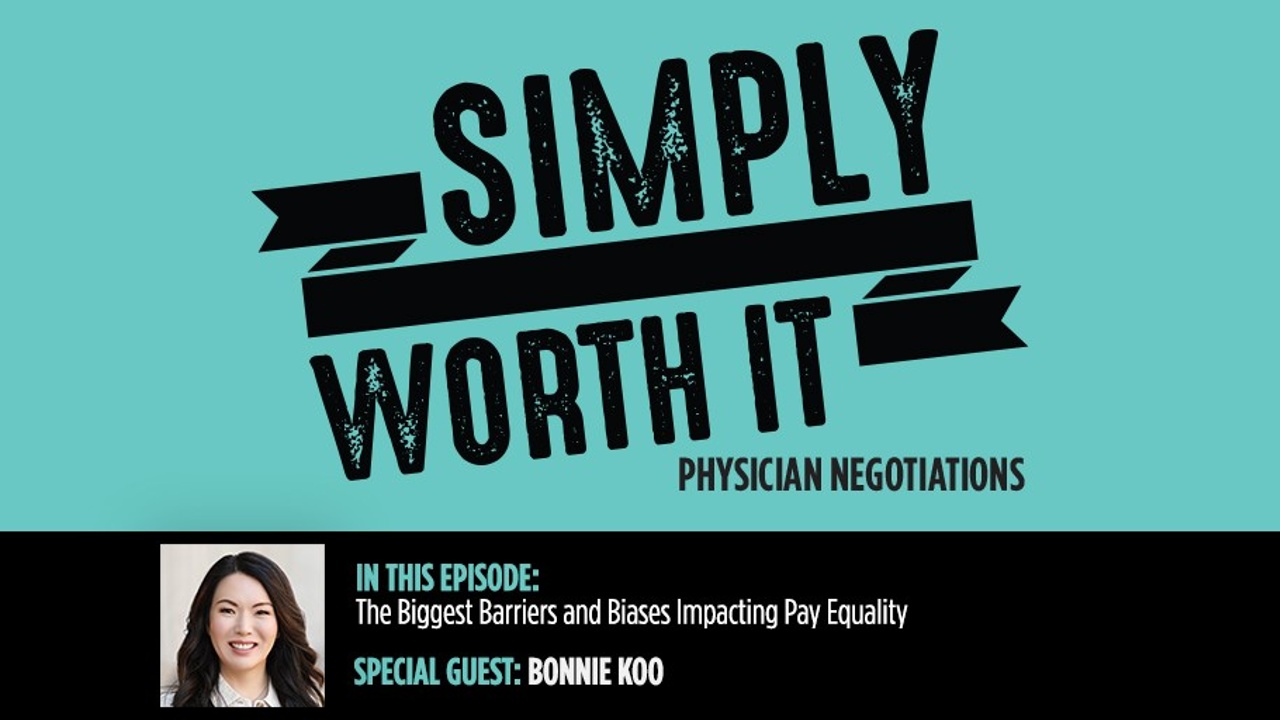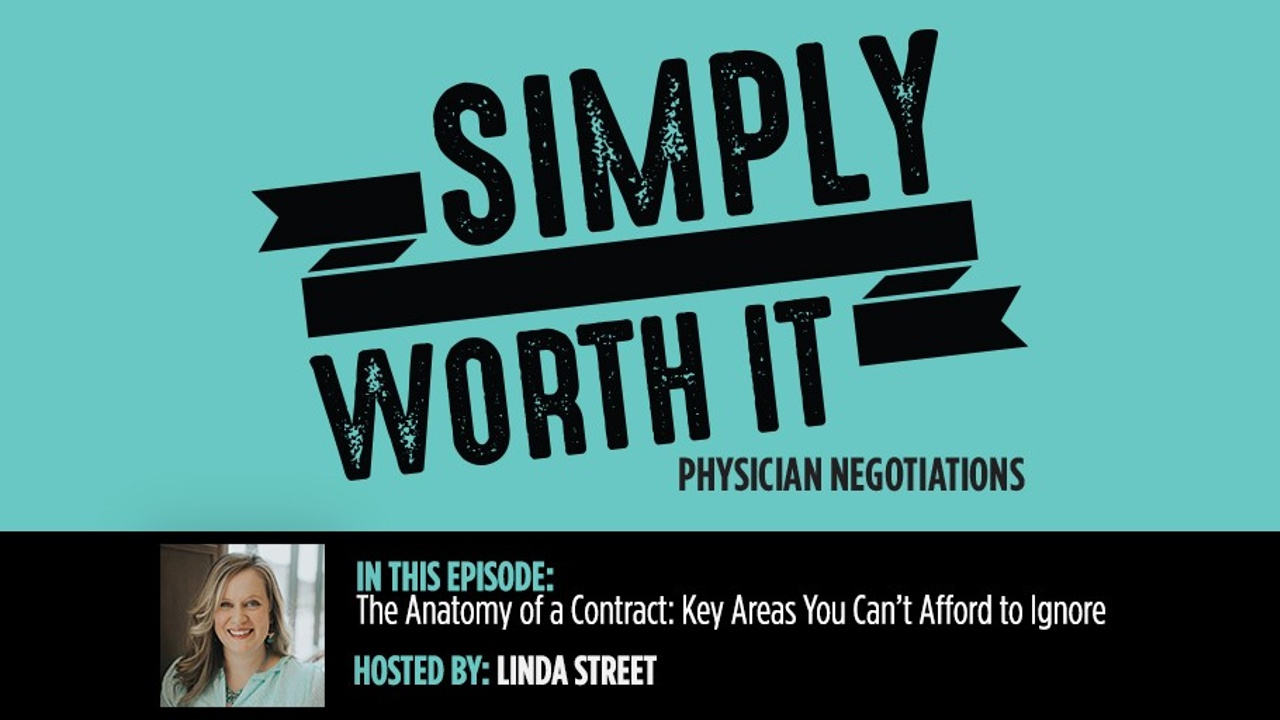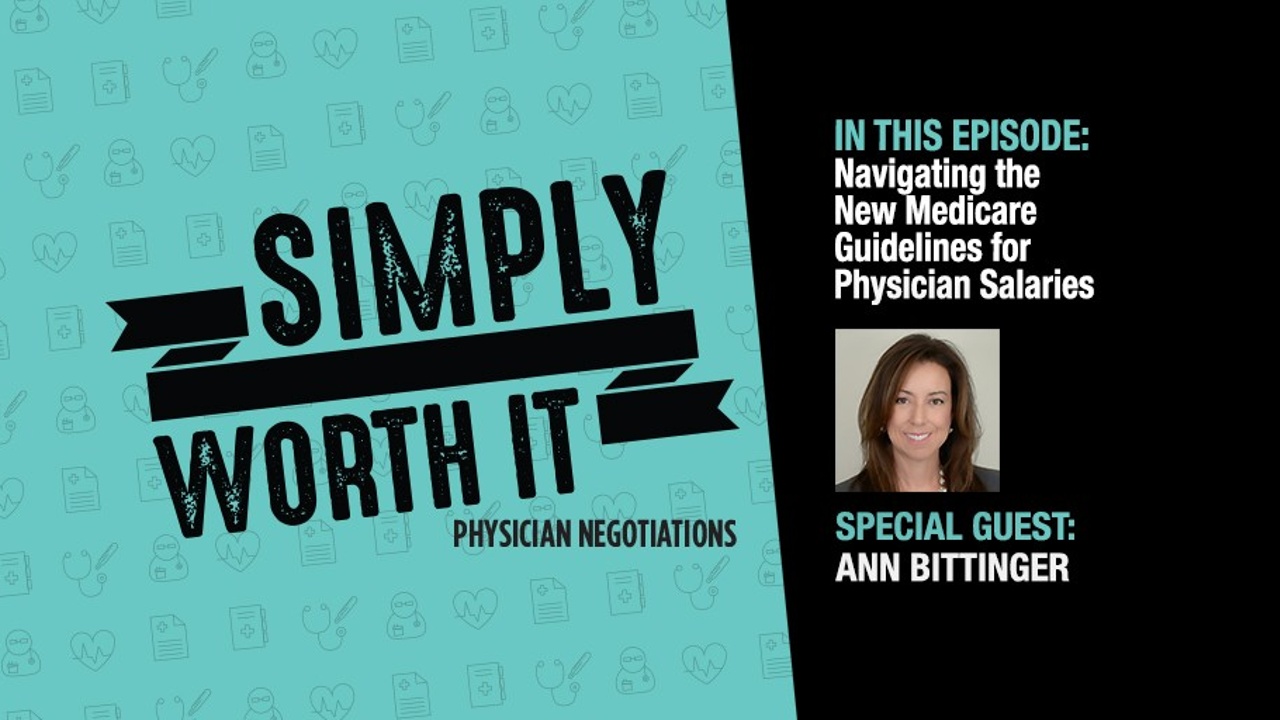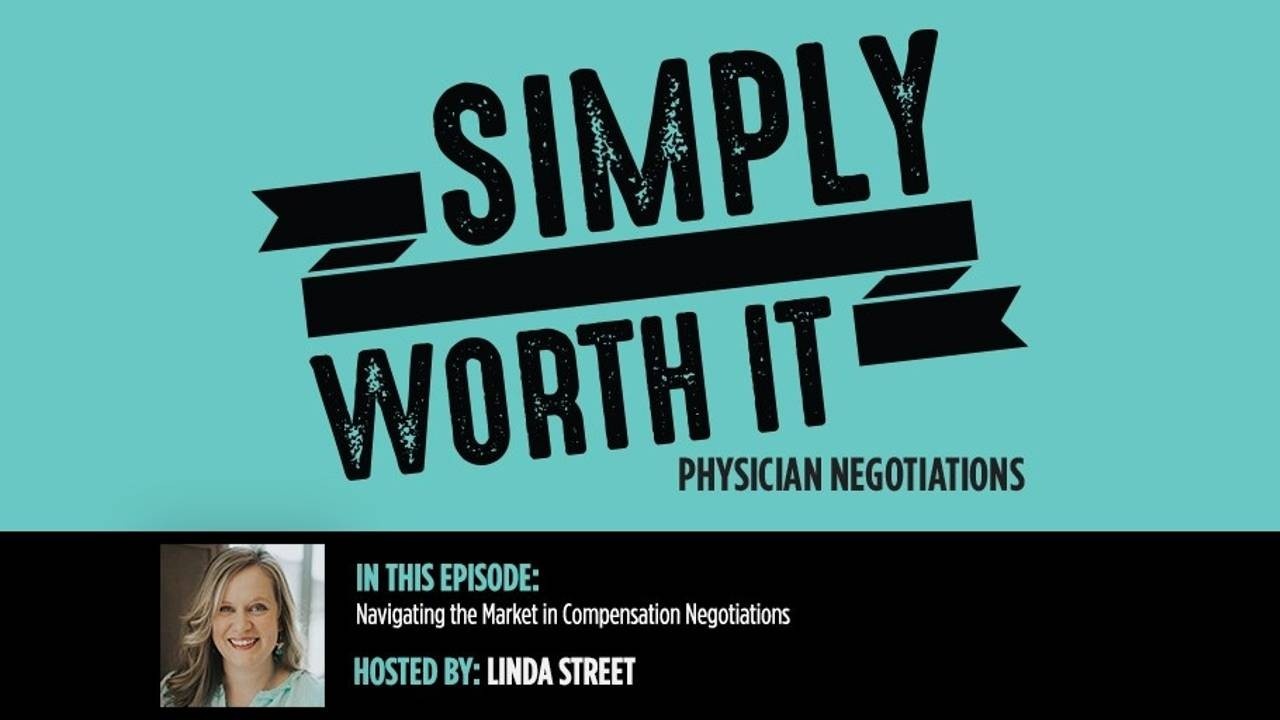Tapping Into the Breadwinner’s Mindset To Start Building Wealth w/Jennifer Barrett

A growing number of women have moved into the breadwinner role in their households, but very few are prepared for what it entails. As a result, we struggle to make financial choices that position us for the lives that we want.
The subconscious belief that we would never be main earners impacts some of the most professionally successful women. If we don’t understand how critical it is to build wealth, it’s hard for our professional success to translate to long-term financial stability.
How do we adopt a breadwinner’s mentality in our salary negotiations? What do we need to start investing strategically?
In this episode, I’m joined by financial expert, Chief Education Officer at Acorns and author of Think Like a Breadwinner, Jennifer Barrett. She shares how we can take charge of our financial decisions, and change the trajectory of our lives with one mindset shift.
Three Things You’ll Learn In This Episode
- The mindset of a breadwinner
Earning more money doesn’t necessarily ...
The Human Cost of Non-Compete Clauses

Understanding the other side of a negotiation is important in our ability to present our value, and come to an agreement that serves both parties. But there’s one part of a physician contract that does no favors for a physician, and that’s non-compete clauses.
A non-compete is nothing more than a greed-based legal clause that at best guilts you to stay in a job, and at the very worst keeps you handcuffed to a toxic work environment even after you’ve left the position.
Non-competes don’t just hurt physicians, they also compromise the communities doctors serve and the patients themselves. The truth is, any conversation on physician wellness and mental health is meaningless if we aren’t addressing these restrictive barriers that stop physicians from doing what they do best.
What are the components that make up non-competes, and how do we navigate them to make them less restrictive? How do these clauses create suffering?
In this episode, I talk about non-competes, how to negotiate ...
The Biggest Barriers and Biases Impacting Pay Equality w/Bonnie Koo

The law states that male and female physicians should be earning the same, but time and time again, the data has proven that this is not the case. Unfair pay structures and circumstances impact female doctors, and they all add up to an uphill battle for equal pay.
It’s not just that female physicians are earning less generally.
The specialties we dominate are paid less. We are funneled away from the higher-paying specialties. There also aren’t enough women in leadership advocating for equal pay, and we’re conditioned not to rock the boat.
When it comes to getting paid what we’re worth, there are biases and barriers that are layered in at every step of the process.
How do leadership structures get in the way of advocacy? What are some of the societal structures we are battling? What can we do to empower ourselves?
In this episode, I’m joined by certified life coach, physician, and founder of Wealthy Mom MD, Bonnie Koo. We discuss some of the key issues that play into the gender...
The Anatomy of a Contract: Key Areas You Can’t Afford to Ignore

In the negotiation process, we have to advocate for ourselves and work towards signing a contract that aligns with our goals and our worth. Every contract is going to be different, but there are key common areas that we, as physicians, often overlook to our own detriment.
There are big areas where there’s room for negotiation at best, and at worst, variability that might not benefit us.
It’s also key to understand what we’re signing, and even though our lawyers may have the knowledge, having a personal understanding of the most important components of our contracts will only improve our negotiation.
Besides compensation, what are the other areas we need to be aware of in the negotiation? In this episode, I share some of the intricacies that go into your contract and how to navigate them.

Three Things You’ll Learn In This Episode
- One negotiable area we ignore on our contracts
There’s a fair amount of flexibility in the start date of your contract. Even as a new physician,...
Burnout-Proof Yourself With Negotiation

Physician burnout is a huge topic in our industry. It’s compromising the health of doctors, driving attrition, and costing billions in lost productivity. A good career in medicine cannot be built with the fear of falling apart, and we need to protect ourselves.
Most conversations about burnout are centered on what physicians should be doing to take care of their health, but there’s another approach. We can insulate ourselves from burnout in the negotiation process. Getting paid what we worth isn’t just about the salary piece, it’s also about our health.
Whether we’re negotiating a contract for a new job, or renegotiating our contract, there are measures we can put in place to avoid burnout altogether. If we focus on the areas that lead to burnout, we can thrive in our jobs.
How can we deal with the areas that are contributing to the high rates of physician burnout? In this clip, I share how we can align our package negotiations with measures that prevent the health issues physicia...
Fair Market Valuations & How They Impact Your Earnings

Understanding the factors that determine how much we get paid is one of the most important steps in negotiating effectively and getting paid what we’re worth.
In 2021, the new Medicare guidelines are set to impact how much some physicians are going to earn, and for many of us, fair market valuations are going to be used to adjust our packages.
Yet, fair market value is a term that’s so ambiguous and vague, it’s hard to know what it effectively means, and what the outcome will be for our contract negotiations.
What drives hospital systems to put in place fair market valuations? How can we navigate a fair market value if it comes up?
In this episode, I give some detail on the meaning of fair market value and how it can impact you in getting paid what you’re worth.

Three Things You’ll Learn In This Episode
- How we can navigate a fair market valuation
Hospital systems have fair market valuations to protect themselves from hefty fines and possible legal ramifications. They ...
How to Optimize Your BATNA & Negotiate with Strength

Your Best Alternative to a Negotiated Agreement (BATNA) is one of the most powerful ways to strengthen your starting position in a negotiation. It’s a lens through which we can clearly and confidently assess every package to make sure we’re making the best decision according to what matters to us.
When you have a great alternative to the offer that’s in front of you, you negotiate and present your value differently - you make your leverage stronger.
A BATNA allows us to make the most of what we bring to the table, which brings us closer to getting what we’re worth and what serves us.
How can you create your BATNA so that you go into negotiation with strength and confidence? What is the risk of going into a negotiation without a BATNA?
In this episode, I share strategies for developing a strong BATNA and why it’s a critical piece of a successful negotiation. 
Three Things You’ll Learn In This Episode
- The main purposes of your BATNA
Your BATNA protects you from enterin...
Navigating the New Medicare Guidelines for Physician Salaries w/Ann Bittinger

On January 1st, new Medicare guidelines for physician earnings were introduced, and this is set to impact our contracts in a multitude of ways. Many physicians are going to see either a significant increase in their earnings or a substantial drop.
Because of potential impact on revenue many hospital systems are either unilaterally staying or requiring addendums to stay on the 2020 rvu values for compensation.
Whatever your situation is, don’t panic until you have the data. It’s important to get into the fine print of your contract to know what your next move should be.
What are the contractual ramifications of these new guidelines and what legal actions can we take as physicians?
In this episode, I’m joined by Health Law Attorney and Healthcare Advisor, Ann Bittinger. She shares how to deal with the new RVU physician schedules and codes, and make sure you’re still getting paid what you’re worth.
Three Things You’ll Learn In This Episode
- What the new changes to RVU co...
Make it Happen: How to Set Yourself Up for Success in Negotiation

In the process of negotiating a package that reflects your worth and value, there are 3 things that matter - mindset, market and make it happen.
Step 3 is where the magic comes together. This is where we do the work to make a successful negotiation happen, and empower you to have an impactful conversation that puts you in a better position.
We look at all the possible roadblocks and hurdles that might come up and we strategize. The last thing you want is to wait until you’re in the middle of the discussion to come up with solutions. Your brain will go into fight or flight mode and you’ll lose your solid footing in the negotiation process.
What are some of the things that handicap us in salary negotiations? How do we tilt the lever of leverage so that it works in our favor? In this episode, I discuss what it takes to get your negotiation going and how to steer it in the right direction.
Three Things You’ll Learn In This Episode
- What holds female physicians back from having s...
Navigating the Market in Compensation Negotiations

The 3-step process for navigating a physician compensation agreement is mindset, market, and making it happen.
Let’s talk about the market piece and how it impacts your negotiations. There’s actually a wide variety of pay scales and many different variables that play into it.
This is why we need to do our homework.
Market data gives us an idea of how much people are willing to pay for our clinical skill set, our leadership, and the value we bring. It empowers us to make a more educated decision when we find the right job.
If we want our value to be recognized, and to negotiate a package we'll be thrilled about, we can’t skip this critical step.
How can we gather reliable information about the market? How can you create a stretch goal for how much you want to earn?
In this episode, I share how to use market data as you navigate your deal.
Three Things You’ll Learn In This Episode
- The best market data we can get
One of the best and most accurate ways to get more ...





